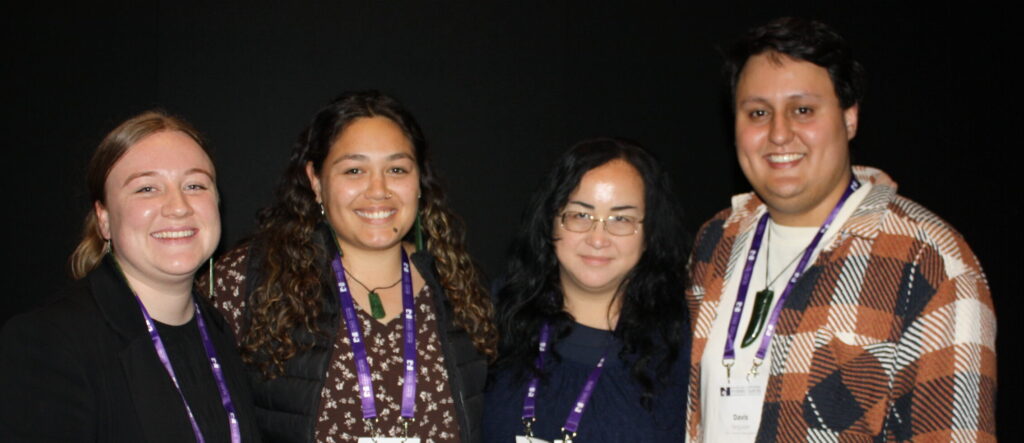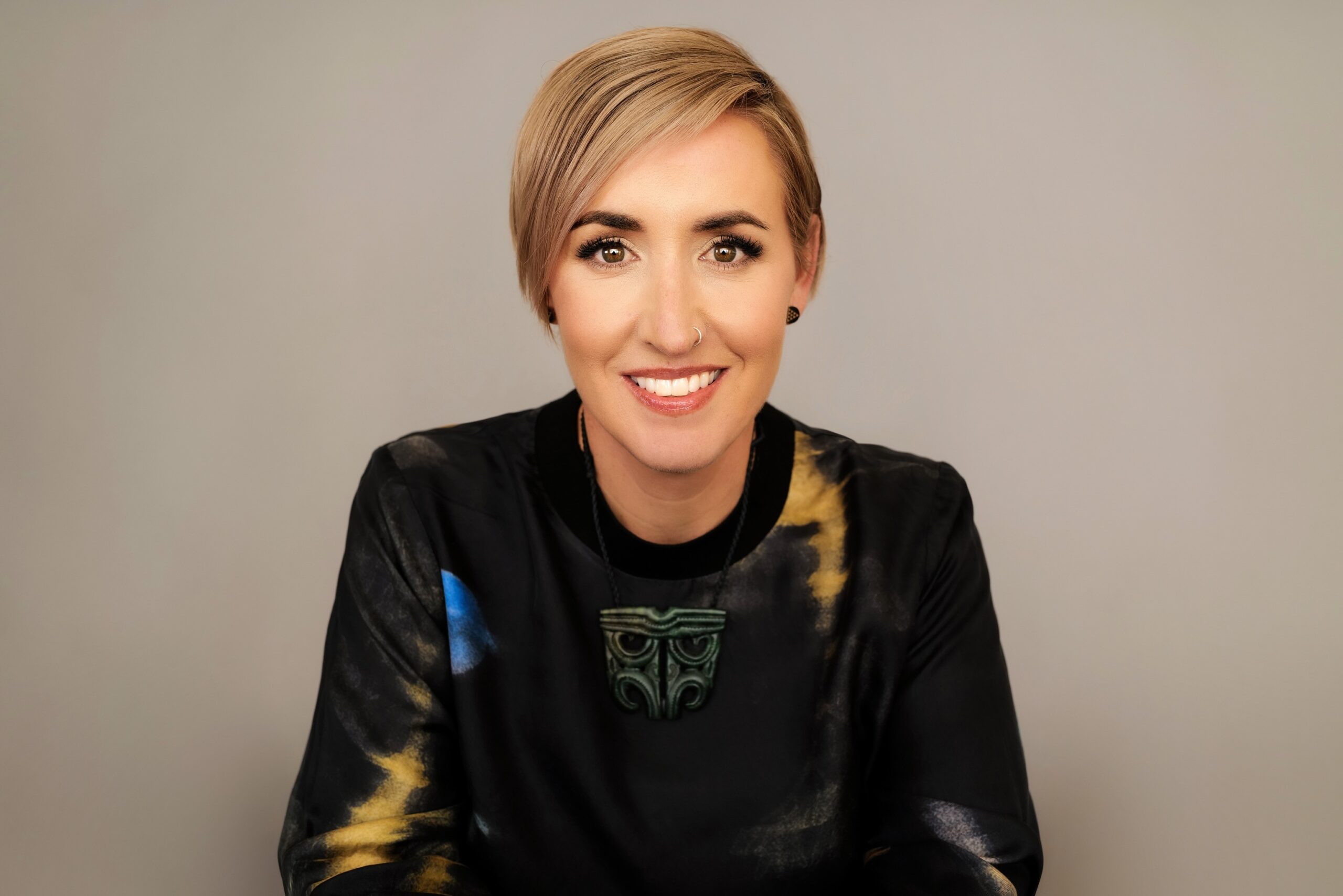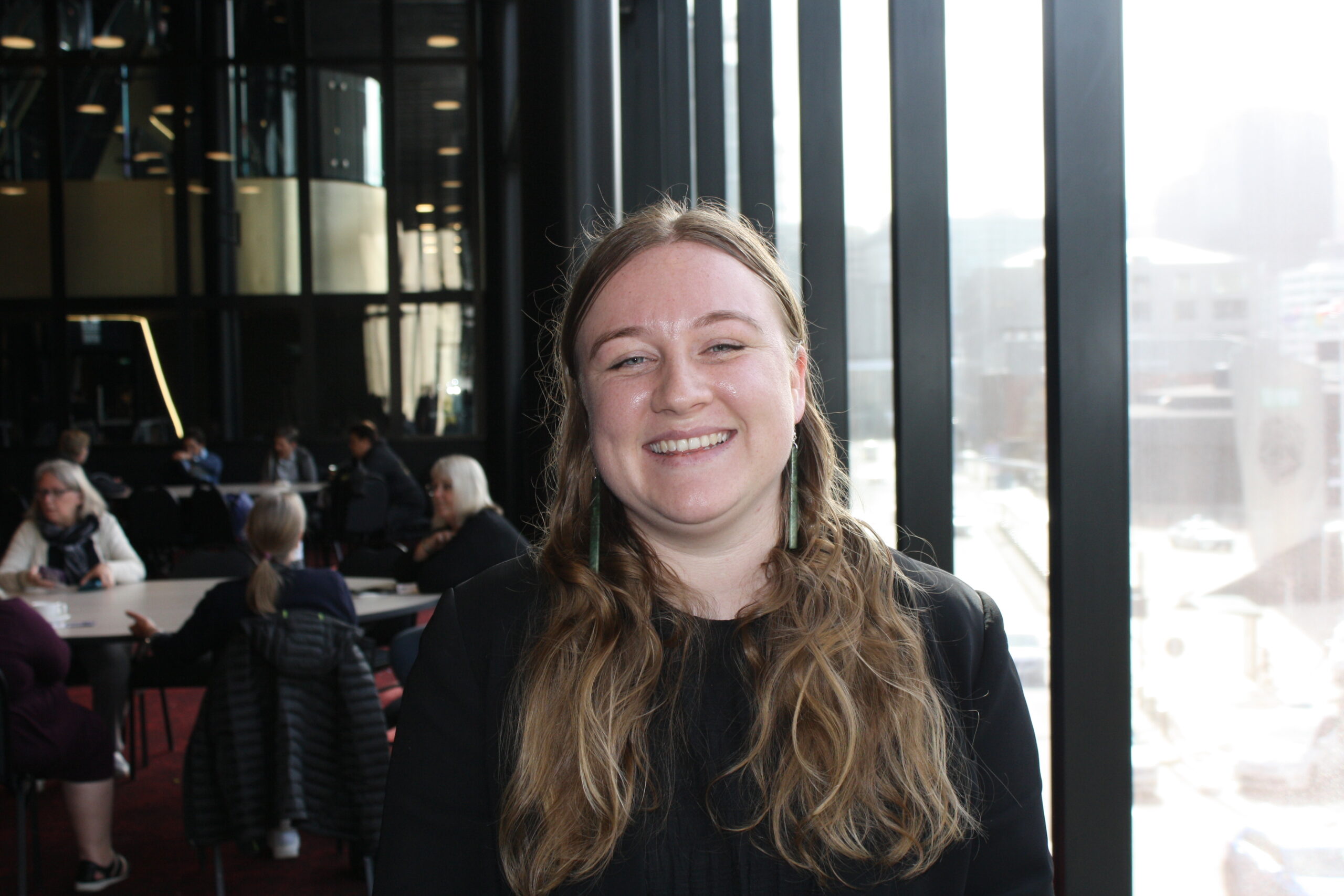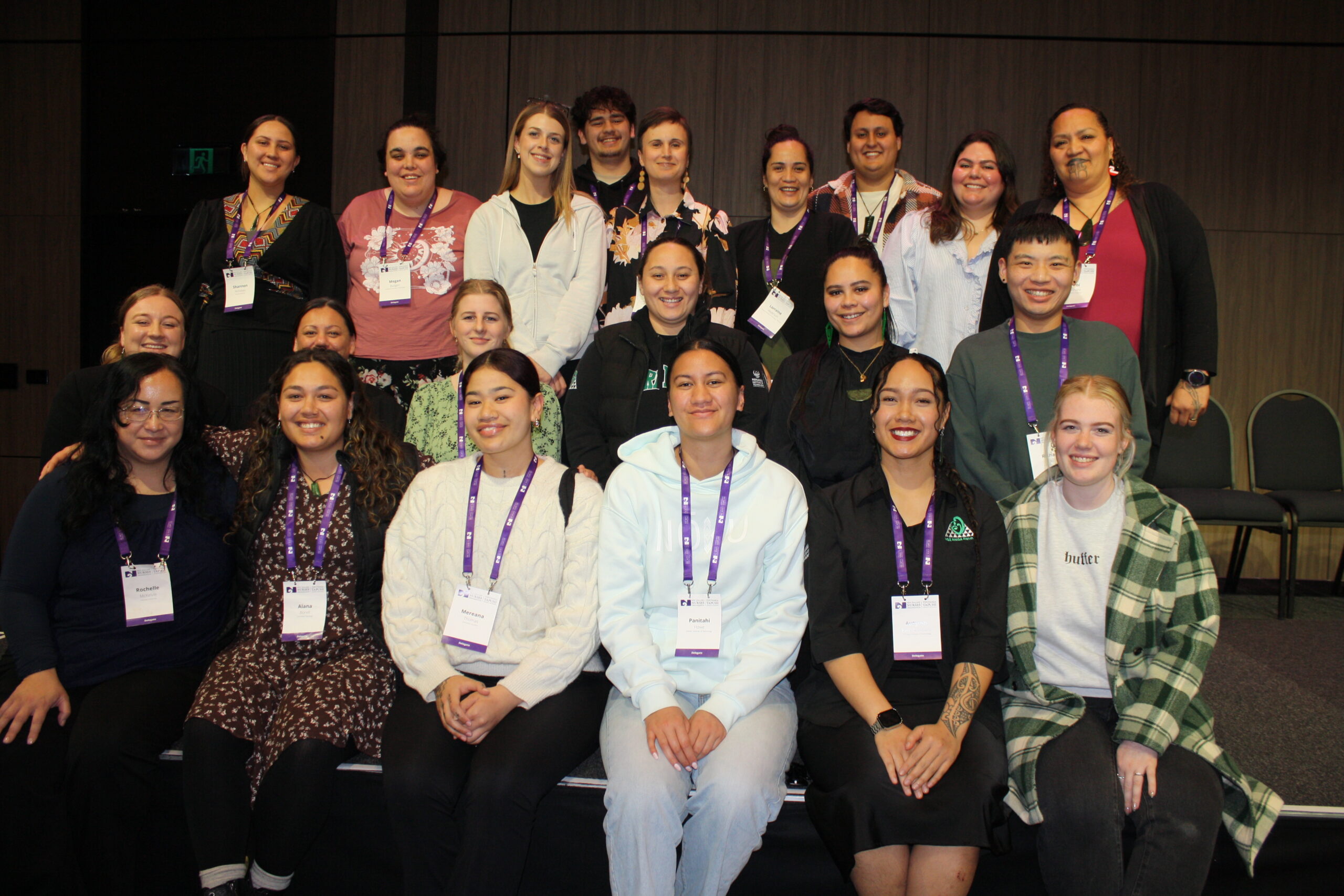Students sat their state exams last week, and were potentially matched with hospital jobs through Te Whatu Ora’s advanced choice of employment (ACE) programme.
But just 323 of 722 applicants were successfully matched — less than 45 per cent, the latest figures, released to Kaitiaki by Te Whatu Ora show.
They reflect a continuing plummet in job rates for our newest nurse graduates since just three in five were employed this time last year — “blindsiding” the mid-year 2024 cohort.
‘It’s not looking very hopeful for those of us who are graduating next year.’
And just 549 of the current applicants are 2025 graduates — the other 173 graduated in 2024 but are still struggling to land their dream hospital role. Another six of the matches were for jobs outside Te Whatu Ora — likely in primary health where graduates are being steered.
This suggests a growing logjam as graduates over the past two years desperately jostle for work — or eye Australia, as NZNO’s recent student survey suggests.

NZNO national student unit chair Bianca Grimmer said the match rate for Kiwi graduates was “shocking”.
“It just emphasises the snowball effect and that, while it’s all well and good to say ‘jobs will become available, you’ve just got to hold out’. If there are more grads applying for jobs now . . . well, there’s just no workforce planning behind that,” she said.
‘They’re literally going ‘please come over’ to nurses.’
“It’s not looking very hopeful for those of us who are graduating next year.”
Previously, Te Whatu Ora employed around 80 to 90 per cent of new nurses on graduation, former chief executive Margie Apa told the health select committee in 2024.
‘Grass is greener’ across the ditch
Grimmer said lots of students were looking at Australia, where there seemed to be far more opportunities and support for new graduate nurses.
“The grass is definitely greener overseas.”

Grimmer had just been at a careers expo with an Australian stand trying to lure nurses to that country. “They’re literally going ‘please come over’.”
Te Whatu Ora chief nurse Nadine Gray — who earlier this month publicly urged graduates to look for jobs outside hospitals — said those who missed out would go back into the “talent pool”, which was open to prospective employers across the health sector.
Last year, 85 per cent of RNs who applied to ACE eventually found jobs and in 2023, 84 per cent did, said Gray, without specifying where they were working.
Look ‘across the health system’ — chief nurse
“Graduate RNs often look to hospitals for their first role, and while we are working to employ as many graduate RNs as possible, I want to encourage students to look right across the health system when looking for their first job,” Gray said in a statement.
The news comes as thousands of NZNO’s Te Whatu Ora members prepare for 24-hour strike action on July 30-31, after 2024-26 pay talks broke down. A key NZNO claim rejected by Te Whatu Ora was to guarantee all nursing graduates full-time permanent employment.
‘Nurses who have a purpose, and a ‘why’ as to why they want to do what they’re doing are way stronger to the health system to be working in those areas.’
Gray told Kaitiaki the “vast majority” of graduates who had been matched would be in an 0.8 full-time-equivalent (FTE) role or higher. However, there would be 0.6 FTE roles offered both by Te Whatu Ora and others, and she encouraged graduates to “consider all offers” including in primary, community health and aged care.
“Nursing offers diverse career pathways outside of hospitals, with interesting and challenging work that can contribute … to the lives of others.”

A $30 million initiative to recruit 400 graduates per year into primary health over the next three year was announced in March by Minister of Health Simeon Brown. Te Whatu Ora would pay rural practices $20,000 and urban practices $15,000 per graduate per year over five years, the minister said.
Grimmer said it was “all well and good” to push students towards the likes of primary health-care — but there were shortages everywhere.
“Nurses who have a purpose, and a ‘why’ as to why they want to do what they’re doing are way stronger to the health system to be working in those areas.”
‘Huge blow’
It was a huge blow to students who did not get a match, after the hard work they’d put in.
As part of ACE, the nursing entry-to-practice programme (NETP) and nursing-entry-to-specialist-practice (NESP), for mental health nursing, include mentoring, orientation and professional development for new nurses.

Last year, Kaitiaki reported on 770 nurse graduates who felt abandoned and blindsided after discovering they had missed out on hospital jobs. Many graduated with hefty student debt, and families to support.
Previous figures showed that about 65 per cent of last year’s graduates eventually found work specifically in Te Whatu Ora through the ACE programme — down from about 75 per cent in 2023.
Meanwhile Grimmer said there was a decreased turnover rate of existing staff in hospitals. “That’s what we’re really trying to put our finger on — why is the turnover rate not happening?”

It could be that people were looking at an unstable employment market and holding on to their current job, Grimmer said.
After last year’s hiring blow-up, many first-year students considered whether they should quit before they invested too much time and money in the course.
‘Even if we have a strong pull towards nursing, it’s not attractive anymore.’
Nobody had told Grimmer they regretted sticking with nursing, but their journey became harder when they had to ask if their “why” was still big enough to continue, she said.
The message from the Government seemed to be “what is the point in upskilling?”, she said. “Even if we have a strong pull towards nursing, it’s not attractive anymore.”
It would also be difficult for 2024 graduates to build and maintain technical skills “when you’re pushed into a retail job just to make ends meet”.
The story so far
Last year Kaitiaki covered the hiring blow-up in-depth. It started in August as mid-year graduates felt broken and abandoned. Then followed a ministerial response. By the end of the year we discovered hundreds had missed out on jobs. Then it was the turn of enrolled nurses to miss out. We uncovered more information through an official information request. Once again the minister tried to steer nurses to primary health. Finally the chief nurse discussed the issue with Kaitiaki.




